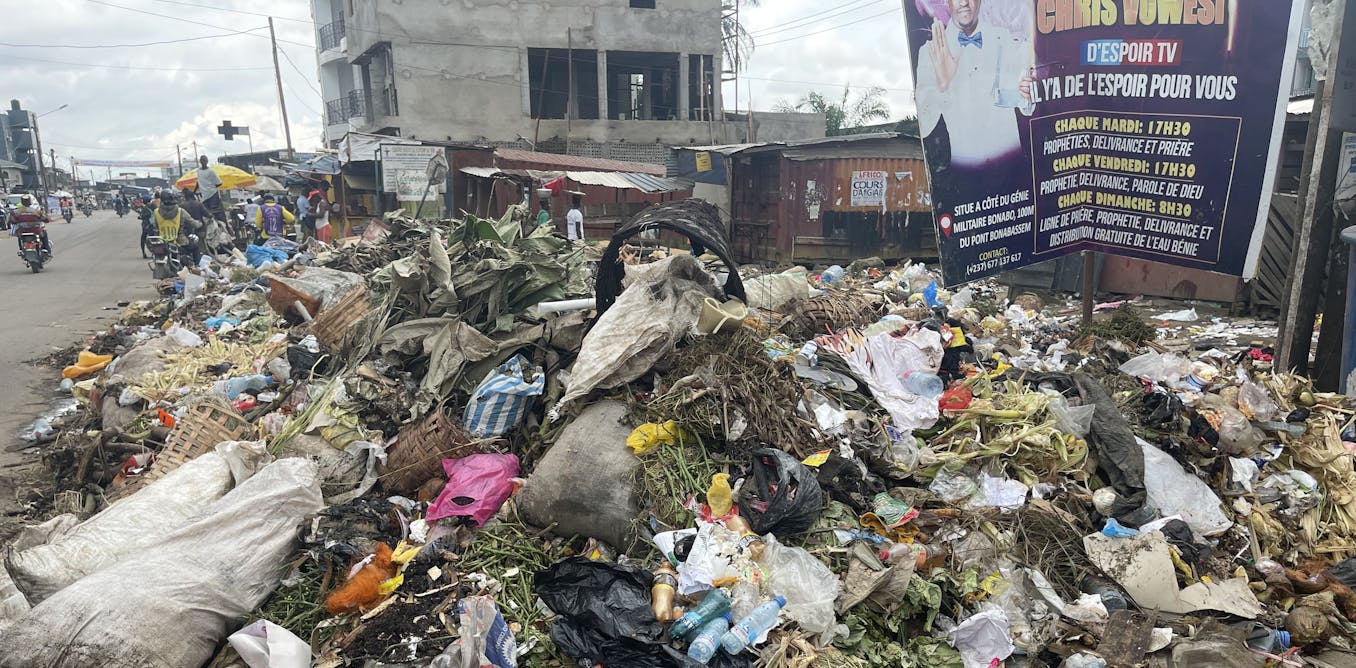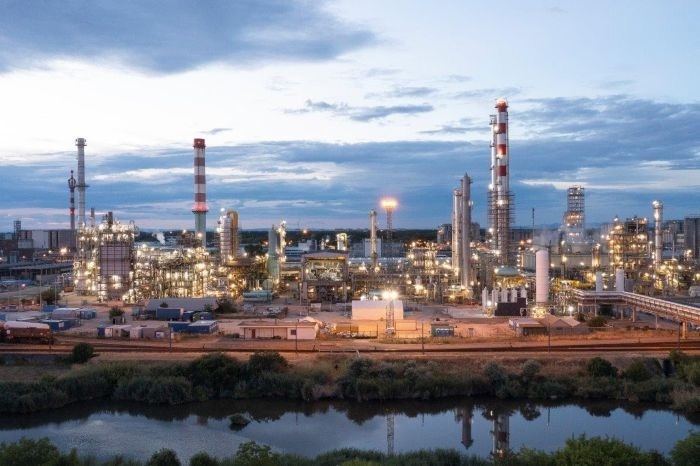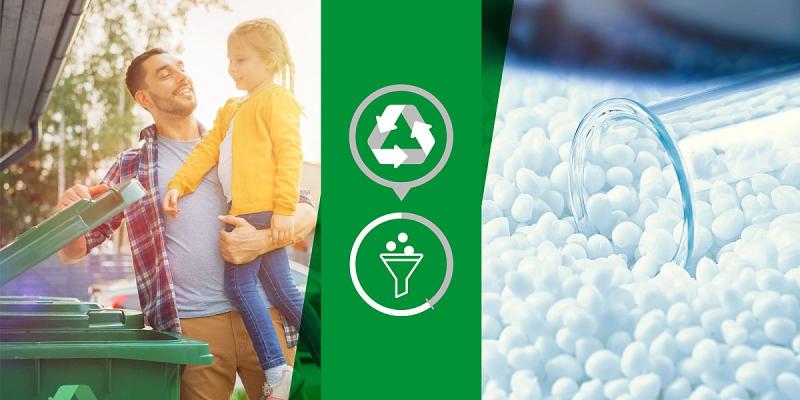Summary
Only 43% of Cameroons urban residents have their garbage removed from their homes. Other garbage ends up dumped, burned or placed in overflowing communal bin…
Source: theconversation.com

AI News Q&A (Free Content)
Q1: What are the main challenges that prevent Cameroon from effectively converting waste into energy?
A1: One of the primary challenges in Cameroon is the limited infrastructure for waste management. Only about 43% of urban residents have their garbage collected, while the rest is often left uncollected, dumped, or burned. The lack of proper waste collection systems hinders the establishment of waste-to-energy facilities, which rely on consistent and sorted waste supply. Additionally, there are economic and technological barriers, including insufficient funding and limited access to advanced waste processing technologies, which prevent the effective implementation of waste-to-energy solutions.
Q2: How does the concept of circular economy apply to waste management in Cameroon, and what role can blockchain technology play?
A2: The circular economy aims to minimize waste through reducing, reusing, recycling, and recovering materials. In the context of Cameroon, transitioning to a circular economy could involve redesigning products and processes to eliminate waste and promote recycling and reuse. Blockchain technology could enhance this transition by providing transparent and secure supply chain management systems, improving accountability and traceability of waste materials. However, challenges such as scalability and regulatory issues need to be addressed to fully realize blockchain's potential in supporting circular economy practices.
Q3: What are some of the institutional flaws in waste management systems that affect Cameroon's transition to a circular economy?
A3: Institutional flaws include inadequate enforcement of waste management policies, lack of coordination among stakeholders, and insufficient economic incentives for waste reduction and recycling. These issues are compounded by the absence of extended producer responsibility models that could encourage manufacturers to take responsibility for the lifecycle of their products, thus promoting a circular economy. Addressing these flaws requires comprehensive policy reforms and stakeholder engagement to create more efficient and sustainable waste management systems.
Q4: What economic models have been proposed to improve waste management systems in the EU, and how can they be adapted for Cameroon?
A4: The EU has implemented economic models such as extended producer responsibility and collective waste management systems to improve waste management. These models focus on making producers financially responsible for the disposal of their products, thus incentivizing them to create less waste. For Cameroon, adapting such models would involve establishing clear regulations and economic incentives for producers, as well as developing infrastructure for efficient waste collection and processing. This adaptation would require both governmental support and international cooperation.
Q5: What are the potential environmental benefits of transitioning to a circular economy in Cameroon?
A5: Transitioning to a circular economy in Cameroon could significantly reduce environmental pollution by minimizing waste generation and promoting the reuse and recycling of materials. This shift would decrease landfill usage and reduce greenhouse gas emissions from waste decomposition and burning. Additionally, it could conserve natural resources by extending the lifecycle of products and materials, thus contributing to a more sustainable use of resources and enhancing biodiversity by reducing the impact of waste on ecosystems.
Q6: How does the current waste management practice in Cameroon compare to global standards, and what are the implications?
A6: Cameroon's waste management practices lag behind global standards due to limited infrastructure and ineffective policies. Globally, effective waste management involves comprehensive collection, sorting, and recycling systems, often supported by advanced technologies. In Cameroon, the lack of such systems results in significant environmental and health hazards, as unmanaged waste contributes to pollution and the spread of diseases. Improving waste management to meet global standards would require significant investment in infrastructure, technology, and policy reforms.
Q7: What strategies can be implemented to overcome the challenges of waste-to-energy conversion in Cameroon?
A7: Strategies to overcome these challenges include developing public-private partnerships to fund and manage waste-to-energy projects, implementing educational programs to increase public awareness about waste segregation and recycling, and investing in research and development for affordable and suitable waste processing technologies. Additionally, adopting policies that encourage innovation and provide economic incentives for waste reduction and energy recovery can facilitate the transition to efficient waste-to-energy systems.
References:
- Page: Waste management
- A Systematic Literature Review on the Use of Blockchain Technology in Transition to a Circular Economy
- Transaction Costs in Collective Waste Recovery Systems in the EU
- Organizing Network Management Logic with Circular Economy Principles






